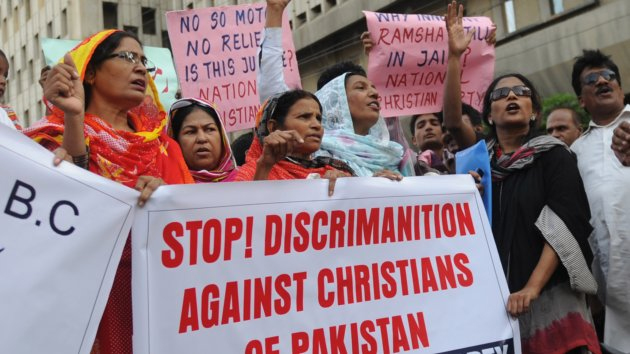News Desk
ISLAMABAD, June 23, 2024:
The National Assembly of Pakistan has taken a decisive stance against the recent wave of mob lynching incidents across the nation, notably in Swat and Sargodha. The incidents included the brutal lynching of a local tourist accused of blasphemy in Swat, where his body and a police station were set ablaze, and the attack on Nazir Masih, a Christian man in Sargodha, by a mob of over 100 extremists over alleged desecration of the Holy Quran.
The resolution, championed by Law Minister Azam Nazeer Tarar, reaffirms that the right to life is sacrosanct as per Pakistan’s Constitution. “Every individual must be dealt with according to the law and not subjected to vigilante justice,” it emphasized. The Assembly expressed profound concern over the escalating mob violence targeting citizens accused of various offenses in Swat and Sargodha, condemning such acts as intolerable in civilized society.
The National Assembly called upon both federal and provincial governments to ensure the safety and security of all citizens, particularly religious minorities and vulnerable groups. It urged the governments of Khyber Pakhtunkhwa (KP) and Punjab to promptly identify, investigate, and prosecute perpetrators of mob violence to the fullest extent of the law. The resolution stressed the urgency for courts to expedite trials to deter future incidents, advocating comprehensive measures against those perpetrating violence against minorities.
Defence Minister Khawaja Asif expressed profound concern over the mounting violence against minorities, underscoring the adverse international implications for Pakistan. “Pakistan belongs to every citizen regardless of their faith—Hindus, Christians, Sikhs—all are equal,” he asserted. Asif urged a resolute message from the National Assembly affirming Parliament’s commitment to safeguarding minority rights and opposing the misuse of religion for personal vendettas.
Human rights activist Joseph Jansen welcomed the resolution, acknowledging long-standing appeals from activists, civil society, NGOs, and religious leaders for decisive action against religiously motivated mob violence.
He urged the government to enact stringent legislation preventing the misuse of blasphemy laws, which have tragically become instruments for persecuting religious minorities, resulting in loss of lives and properties.
Jansen highlighted that since 1994, approximately 100 individuals have lost their lives in Pakistan due to allegations of blasphemy, including high-profile incidents such as the lynching of a Sri Lankan factory manager in 2021.
Ashik Naz, another prominent human rights advocate, expressed outrage over the persistent misuse of blasphemy laws, hate speech, and incitement to violence by extremist groups. He called for immediate government action, including the establishment of a Judicial Commission to thoroughly investigate blasphemy cases and ensure fair trials. Naz emphasized the urgent release of individuals wrongfully accused under blasphemy charges.
Nadia Stephen, a minority rights activist, applauded the resolution as a robust statement by legislative bodies against the abuse of religion for personal motives. “This resolution underscores the paramount importance of protecting the fundamental rights of all citizens in Pakistan,” she affirmed.
The day following the National Assembly’s call for enhanced security measures, the Punjab Assembly unanimously adopted a resolution condemning blasphemy-related incidents. This resolution underscores Punjab’s commitment to ensuring the safety and security of all citizens, particularly religious minorities and other vulnerable groups, with an unwavering expectation of swift justice in all cases.


